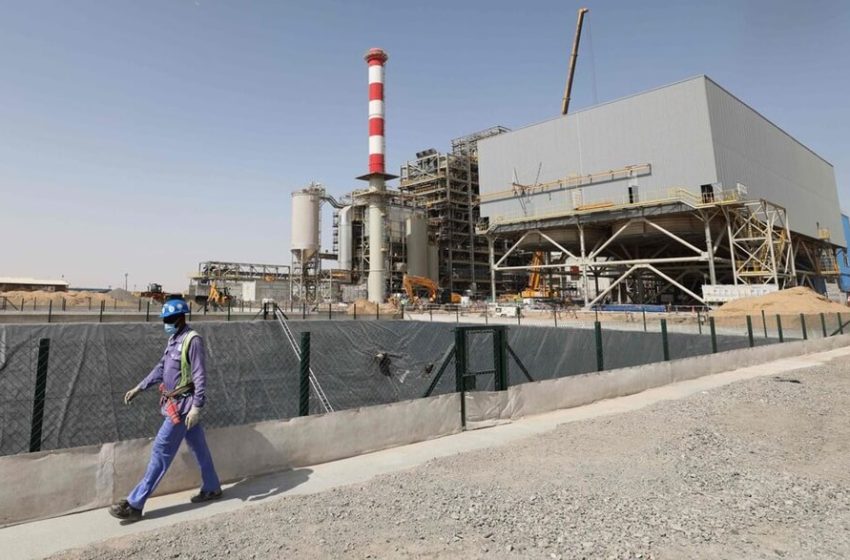Baghdad allocates two plots of land for Waste-to-energy projects

Construction at a waste-to-energy plant in Sharjah, the UAE. Photo: AFP
Baghdad (IraqiNews.com) – The Mayor of Baghdad, Ammar Musa, announced on Sunday the allocation of two plots of land for a waste treatment and electrical energy production project.
In a press conference held to announce waste-to-energy investment opportunities, Musa stated that the government was interested in these kinds of projects and that two plots of land in the Iraqi capital had been set aside for these projects, the Iraqi News Agency (INA) reported.
According to Musa, waste treatment is a significant issue that affects all major cities worldwide and is thought to have both financial and environmental benefits.
Iraq’s National Investment Commission (NIC) announced earlier in March that 17 offers have been submitted by both local and foreign companies for a project to treat waste and generate electricity in Baghdad.
Last July, the Iraqi Minister of Electricity, Ziyad Ali Fadel, confirmed that the government is intending to take advantage of waste recycling to produce energy.
Fadel chaired a meeting at that time to discuss possible ways to diversify energy sources in accordance with the directions of the Iraqi government.
The Electricity Minister emphasized that the government’s directions aim to reduce dependence on gas and fossil fuels to produce energy and to move towards clean, renewable, and solar energies not only to produce energy but also to reduce emissions, limit global warming, and reduce negative impacts on the environment.
Under the ‘0 landfill, 0 emission’ project, the Baghdad municipality said in mid-November that it plans to put out a contract to transform 3,000 tons of waste per day into 80 megawatts per hour.
The program will lessen the amount of garbage that is disposed of, which will have a negative influence on landfills and the environment.
Waste-to-energy is a novel method that uses garbage as a fuel source to produce power or heat.
This contributes to a cleaner and more sustainable future by lowering the amount of garbage that would otherwise end up in landfills and utilizing it as a renewable energy source.
